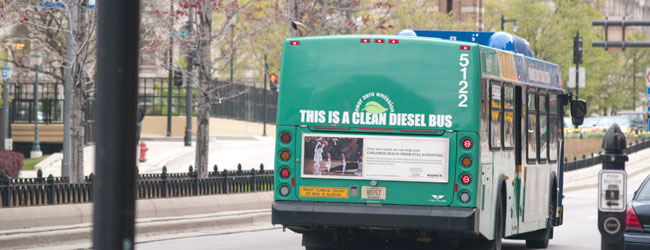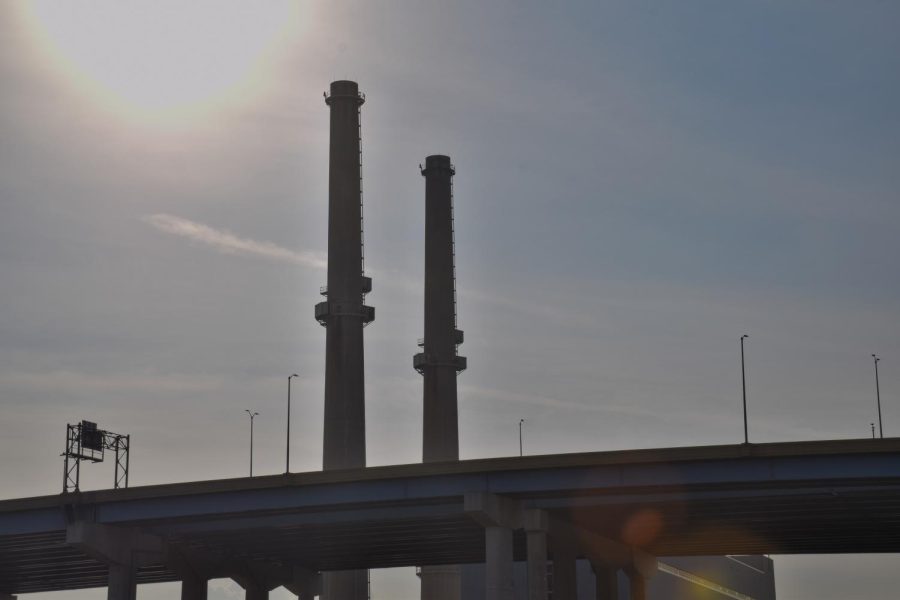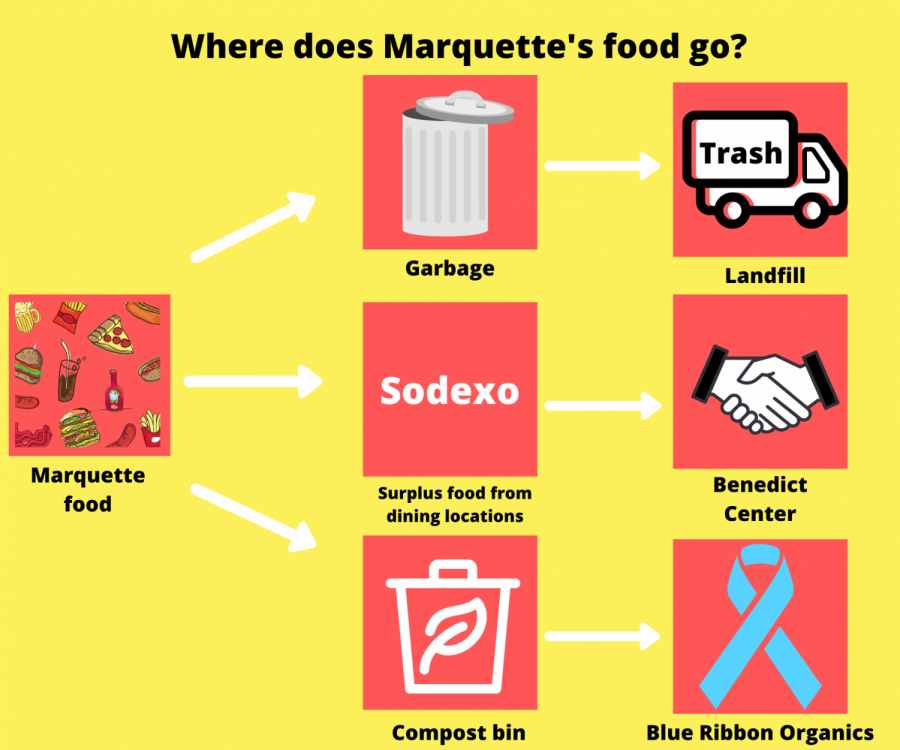The United States Environmental Protection Agency is preparing to conclude that the metro Milwaukee area has met a new national standard for ozone levels, but Kenosha County will likely not meet the standard due to its proximity to Chicago. The EPA conclusions will be based on data from 2008 to 2010, and will be formally announced May 31.
Neither Milwaukee nor Kenosha currently resides in an “attainment” area, one where EPA-regulated ozone standards are met. Meeting national standards would push Milwaukee into that safe bubble.
Michael Switzenbaum, professor and executive associate dean of Marquette’s department of civil, construction and environmental engineering, said Kenosha will likely not be exempted from Chicago’s high pollution because of the way air pollution travels.
“There has been a lot of progress in Milwaukee, while Kenosha is part of the Chicago region,” Switzenbaum said. “You have political boundaries, but the way air pollution travels you need air pollution boundaries.”
Clifford Crandall, a Marquette associate professor of civil and environmental engineering, said air pollution regulations are a complex issue.
“There are some real problems when you start to talk about air pollution: where it generates, migrates and where it is going,” Crandall said. “We have to deal with pollutants that migrate from other areas, mainly Chicago.”
The Milwaukee area has improved air quality in part because of the use of reformulated gasoline, which has been costing Milwaukee residents more at the pump.
Switzenbaum said the higher prices for the reformulated gasoline are necessary to finance a cleaner environment.
“(Reformulated gasoline) does cost more,” Switzenbaum said. “But there is always a cost for meeting environmental objectives.”
Crandall disagreed with the necessity, noting the effects the reformulated gas has on the economy.
“As a consumer in this area, (I think) reformulated gasoline is something we should do away with,” Crandall said.
In a January letter to Wisconsin Gov. Scott Walker’s office, the EPA called the Kenosha situation “unique” because Illinois had submitted ozone data from 2009 to 2011, though it was not due until May of this year.
The EPA also recognized that Kenosha had not been part of the Chicago nonattainment area in the past, though it cited a link between the air quality levels in Kenosha County and in adjacent Lake County in Illinois. William Brower, a Marquette professor emeritus of mechanical engineering, said that link could have long-term effects for Kenosha.
“If (the problem is) prevailing winds, it almost doesn’t matter what Kenosha does,” Brower said.
The EPA said it is open to discussing alternative approaches for Kenosha County, which means the county could submit new data like Chicago did, though it is not required and could possibly exceed the standard as well.
Walker is planning to provide a written response to the EPA by Friday.






